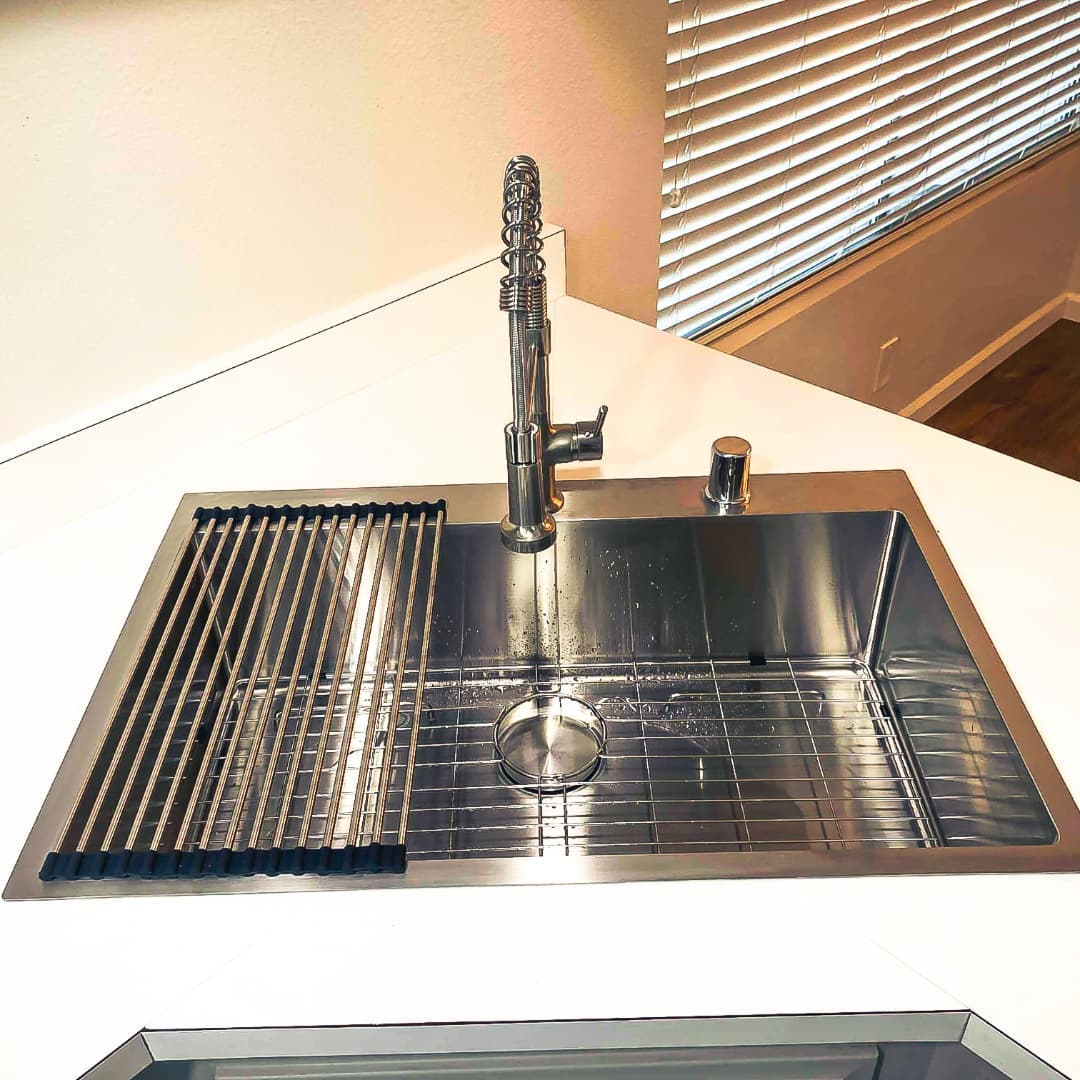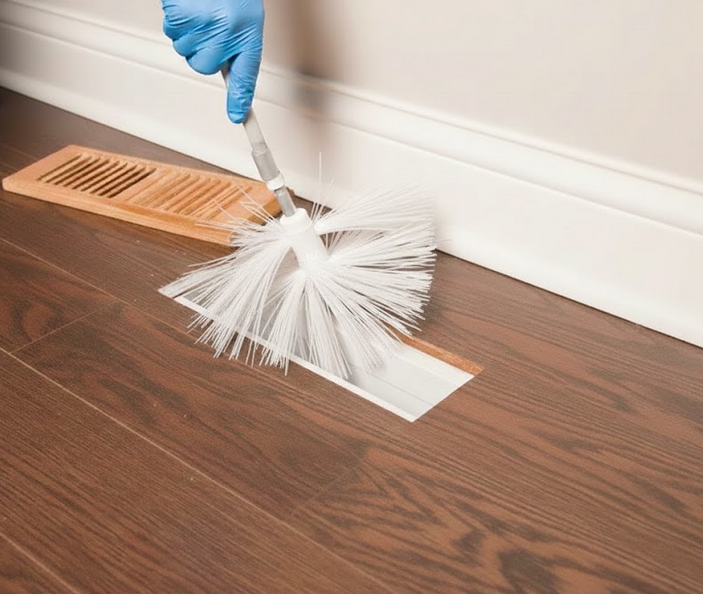Protecting Your Home with Gas Shut Off Valves
At John Padilla Plumbing, we’re all about keeping San Diego homes and businesses safe. One of the most overlooked yet vital safety features in any property is the gas shut off valve. Whether it’s connected to your stove, water heater, or outdoor grill, this small but powerful component gives you control over the flow of natural gas — and that means peace of mind.
Gas is an amazing source of energy, but it’s also one that demands respect. Understanding your gas shut off valves and knowing when to call a professional can prevent dangerous leaks, fire hazards, and costly damage. So, let’s break it all down in a way that’s easy to understand — and more importantly, easy to act on.
Understanding the Importance of Gas and Water Shut Off Valves
Think of shut off valves as the “safety switches” for your home’s utilities. Just like you wouldn’t want an electrical circuit running wild, you don’t want uncontrolled gas or water flow. Gas shut off valves let you quickly stop the gas supply to specific appliances or your entire home when needed.
In emergencies — like a suspected leak, earthquake, or burst pipe — these valves can be the difference between a small inconvenience and a major disaster. That’s why local plumbing codes in San Diego require properly installed and functioning shut off valves for all gas-powered systems.
What Is a Gas Shut Off Valve and How It Works
A gas shut off valve is a mechanical device that allows or stops the flow of gas through a line. It’s typically located close to appliances such as stoves, fireplaces, dryers, and outdoor grills. When the handle is in line with the pipe, gas is flowing; when it’s perpendicular, the gas is off.
In addition to appliance-level valves, most homes have a main shut off valve near the gas meter. In the event of a serious gas leak or natural disaster, this is the one you’ll want to turn off — or better yet, have an automatic shut off system installed to handle it for you.
Common Types of Gas Shut Off Valves
There are several kinds of gas shut off valves, each designed for different safety needs and applications. Here’s a quick rundown:
Manual Shut Off Valves
These are the most common and straightforward types. You operate them by hand, usually turning a lever or knob to stop gas flow. They’re ideal for individual appliances like stoves, dryers, and fireplaces.
Flexible Gas Line Shut Off Valves
Flexible valves are used for appliances or setups that need some movement — think outdoor grills or appliances on movable connections. They’re built for both durability and flexibility while maintaining safety standards.
Automatic (Earthquake) Shut Off Valves
Automatic valves sense sudden pressure changes or seismic activity and immediately stop the gas supply. In California, these are highly recommended — and often required — for both homes and commercial buildings. They’re lifesavers during earthquakes, preventing fires and explosions before they start.
Specialized Shut Off Valves
These are designed for specific uses, such as propane systems, outdoor kitchens, or small engines. Matching the right valve to the right use ensures both performance and safety.
Why Functional Shut Off Valves Are Essential for Home Safety
Having the proper gas shut off valves isn’t just a matter of compliance — it’s about safety and convenience. Valves in good condition can:
- Stop gas flow instantly during leaks or equipment failure
- Simplify appliance maintenance or replacement
- Prevent major damage in case of earthquakes or other emergencies
- Keep your home compliant with San Diego safety regulations
It’s easy to overlook them because they’re often tucked behind appliances or hidden near the gas meter, but regular inspection and professional maintenance go a long way in preventing accidents.
Top Signs of a Gas Leak in Your Home
Gas leaks can happen quietly but have serious consequences. Here are the most common warning signs you should never ignore:
- Rotten egg smell: Utility companies add a sulfur-like odor to natural gas so you can detect leaks fast.
- Hissing or whistling sounds: If you hear these near appliances or gas lines, there could be escaping gas.
- Dead plants or discolored vegetation: Gas leaks in underground lines can suffocate plant roots.
- Physical symptoms: Headaches, dizziness, nausea, or shortness of breath can all be signs of gas exposure.
- Pet symptoms: Animals may show lethargy, vomiting, or red eyes from gas exposure before humans notice it.
If you suspect a gas leak, don’t delay — get out and then contact a professional plumber like us to inspect and repair your gas line system.
Emergency Steps to Take If You Suspect a Gas Leak
When it comes to gas leaks, time is critical. Here’s what to do immediately:
- Evacuate everyone (and pets) from your home.
- Leave doors and windows open to ventilate the area.
- Avoid using light switches, phones, or anything that could create a spark.
- Call emergency services and your gas company from a safe distance.
- Do not re-enter your home until it’s declared safe.
Once everything is secure, our team at John Padilla Plumbing can come in, perform a full safety inspection, and make any necessary repairs.
The Role of Earthquake Shut Off Valves in California Homes
Living in California means earthquakes are a fact of life. That’s why earthquake shut off valves are such an important part of home safety. These valves automatically detect seismic activity and close your gas line instantly — stopping leaks that could cause fires.
Our technicians specialize in earthquake valve installation and maintenance, ensuring you stay compliant with local regulations and protected from potential hazards.
How Often to Inspect or Replace Gas Shut Off Valves
Most gas shut off valves can last for many years, but they don’t last forever. We recommend:
- Inspecting your valves during annual plumbing maintenance.
- Replacing older valves (especially copper or corroded ones).
- Testing valves to ensure they’re not stuck or leaking.
If your valve feels stiff or won’t turn, don’t force it. That’s a job for trained professionals who can repair or replace it safely.
Common Problems with Old or Stuck Valves
Over time, valves can wear out, rust, or seize due to lack of use. Common issues include:
- Stuck or corroded handles
- Small leaks at the joints
- Old-style valves that don’t meet current safety codes
- Valves that fail to close completely
These may seem minor, but even a small leak can cause major safety concerns. If you suspect any of these issues, call us right away — we’ll inspect and replace the valve properly.
Why Professional Installation and Inspection Matter
Gas lines are not a DIY project. Even a simple installation mistake can lead to leaks, carbon monoxide exposure, or explosions. Licensed plumbers like us at John Padilla Plumbing follow strict safety protocols, pressure testing procedures, and local building codes to ensure your system is 100% secure.
How Licensed Plumbers Ensure Gas Line Safety and Code Compliance
Here’s what sets professional installation apart:
- Licensed expertise: Our technicians are trained in local and national gas safety standards.
- Code compliance: Every installation meets San Diego’s strict plumbing and gas regulations.
- Leak testing: We perform advanced pressure and soap tests to confirm system integrity.
- Quality materials: We use only approved, durable components for long-lasting safety.
- Peace of mind: You’ll know your system was installed safely, efficiently, and legally.
Why Choose John Padilla Plumbing for Gas Line Services
We’ve been serving San Diego homeowners and businesses for years, and our reputation is built on trust, safety, and professionalism. Whether you need a new gas line shut off valve, an earthquake valve installation, or leak detection services, we’re your one-stop solution.
Our customers appreciate our transparency, honest pricing, and commitment to doing the job right the first time. We use the latest tools and technology to ensure your gas system is safe, efficient, and up to code.
Customer Safety, Technology, and Service Excellence
Your safety is our number one priority, and that’s why we combine advanced diagnostic tools with years of hands-on experience. Our plumbing services are performed by technicians who are background-checked, fully licensed, and trained to spot potential issues before they become problems. When you work with John Padilla Plumbing, you’re not just hiring a plumber — you’re partnering with a local team that genuinely cares about protecting your home and family.
Stay Safe—Call the Professionals for Gas Shut Off Valve Services
Gas shut off valves may be small, but their importance is huge. From earthquake safety to everyday maintenance, they play a vital role in keeping your San Diego home secure. Regular inspections and professional installation ensure your valves function properly when you need them most.
When it comes to gas systems, don’t take chances — call the licensed professionals at John Padilla Plumbing. We’ll make sure your home stays safe, compliant, and worry-free.
Reach out today at 858-943-6545 or visit www.jpplumbers.com to schedule your gas line inspection or valve service. Your safety is our top priority — let’s protect your home together.
John Padilla Plumbing – San Diego’s trusted experts for gas shut off valve installation, inspection, and repair.



.jpg)
.png)


.svg)